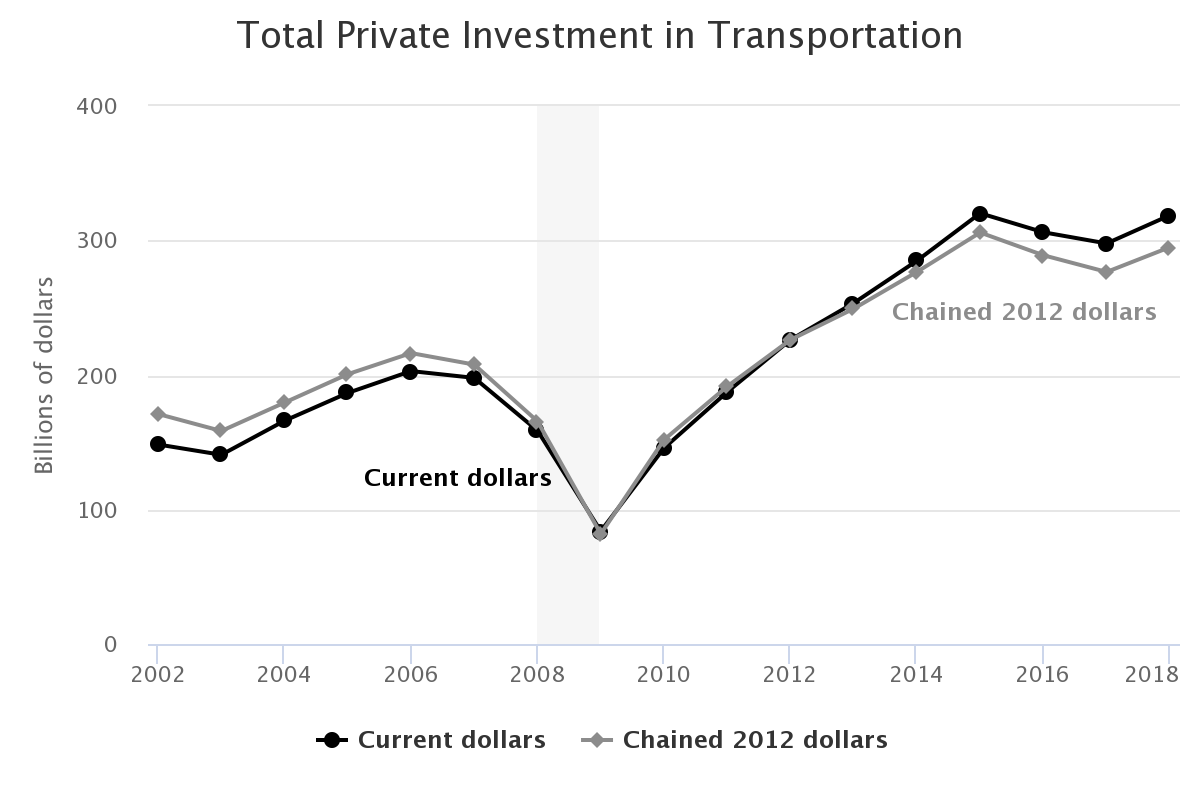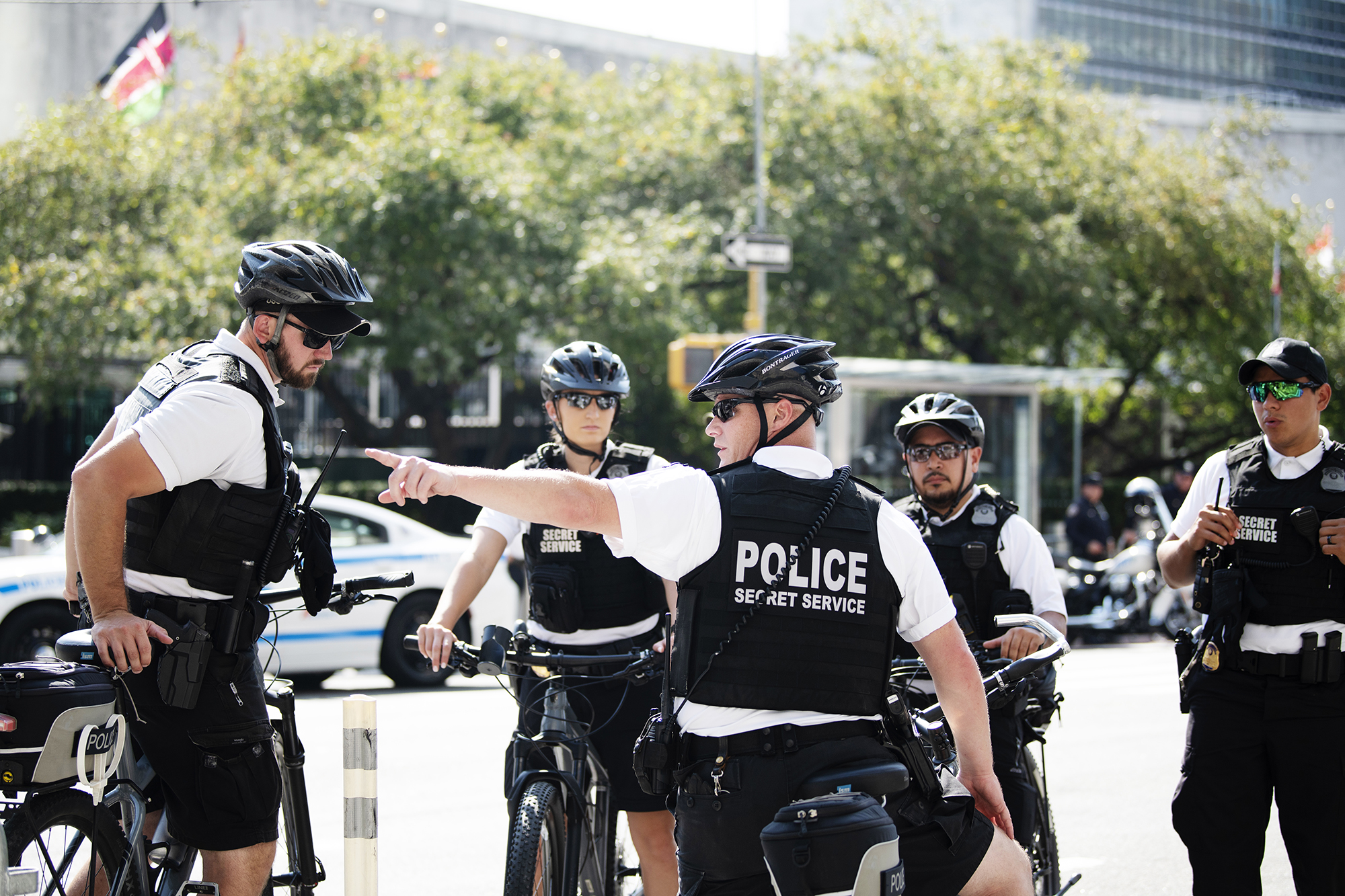

: 62 A systematic review with Johns Hopkins University by economists concluded that lockdowns as opposed to guidelines or medical advice had little to no effects on COVID-19 mortality. There is disagreement about the size of the effect of lockdowns on COVID-19 mortality. Lockdowns are thought to be most effective at containing or preventing COVID-19 community transmission, healthcare costs and deaths when implemented earlier, with greater stringency, and when not lifted too early. Several researchers, from modeling and demonstrated examples, have concluded that lockdowns are effective at reducing the spread of, and deaths caused by, COVID-19. 4 Variation by countries and territories.
 1.1 Voluntary versus mandatory restrictions. Īlthough many public health experts and economists supported lockdown restrictions, citing greater long-term costs for allowing the disease to spread uncontrollably, pandemic restrictions have had health, social, and economic impacts, and have been met with protests in some territories. To achieve a balance between restrictions and normal life, the WHO recommends a response to the pandemic that consists of strict personal hygiene, effective contact tracing, and isolating when ill. The World Health Organization's recommendation on curfews and lockdowns is that they should be short-term measures to reorganize, regroup, rebalance resources, and protect health workers who are exhausted. Research and case studies have shown that lockdowns are generally effective at reducing the spread of COVID-19, therefore flattening the curve. Although similar disease control measures have been used for hundreds of years, the scale of those implemented in the 2020s is thought to be unprecedented. By April 2020, about half of the world's population was under some form of lockdown, with more than 3.9 billion people in more than 90 countries or territories having been asked or ordered to stay at home by their governments. These restrictions were established with the intention to reduce the spread of SARS-CoV-2, the virus that causes COVID-19. "I think ultimately, especially in the US, they're trying to exercise compassion with those types of rules that they do implement," she said, adding that although it's a difficult time and people naturally will want to go outside, "ultimately this is a necessary measure to sort of protect public safety at large.Due to the COVID-19 pandemic, a number of non-pharmaceutical interventions colloquially known as lockdowns (encompassing stay-at-home orders, curfews, quarantines, cordons sanitaires and similar societal restrictions) have been implemented in numerous countries and territories around the world. In Italy we've seen that you have to carry around, actually, a piece of paper explaining your reason for being outdoors. "In San Francisco you can already receive a fine if you are going out for a nonessential reason like getting to work or walking your pet. "We have seen past precedent for it," Bendix said. But it's pretty dire straits at this point." If a lockdown is imposed, will you be fined for going outside? We obviously understand these are difficult times.
1.1 Voluntary versus mandatory restrictions. Īlthough many public health experts and economists supported lockdown restrictions, citing greater long-term costs for allowing the disease to spread uncontrollably, pandemic restrictions have had health, social, and economic impacts, and have been met with protests in some territories. To achieve a balance between restrictions and normal life, the WHO recommends a response to the pandemic that consists of strict personal hygiene, effective contact tracing, and isolating when ill. The World Health Organization's recommendation on curfews and lockdowns is that they should be short-term measures to reorganize, regroup, rebalance resources, and protect health workers who are exhausted. Research and case studies have shown that lockdowns are generally effective at reducing the spread of COVID-19, therefore flattening the curve. Although similar disease control measures have been used for hundreds of years, the scale of those implemented in the 2020s is thought to be unprecedented. By April 2020, about half of the world's population was under some form of lockdown, with more than 3.9 billion people in more than 90 countries or territories having been asked or ordered to stay at home by their governments. These restrictions were established with the intention to reduce the spread of SARS-CoV-2, the virus that causes COVID-19. "I think ultimately, especially in the US, they're trying to exercise compassion with those types of rules that they do implement," she said, adding that although it's a difficult time and people naturally will want to go outside, "ultimately this is a necessary measure to sort of protect public safety at large.Due to the COVID-19 pandemic, a number of non-pharmaceutical interventions colloquially known as lockdowns (encompassing stay-at-home orders, curfews, quarantines, cordons sanitaires and similar societal restrictions) have been implemented in numerous countries and territories around the world. In Italy we've seen that you have to carry around, actually, a piece of paper explaining your reason for being outdoors. "In San Francisco you can already receive a fine if you are going out for a nonessential reason like getting to work or walking your pet. "We have seen past precedent for it," Bendix said. But it's pretty dire straits at this point." If a lockdown is imposed, will you be fined for going outside? We obviously understand these are difficult times. 
"But they're actually emphasizing that they are going to be compassionate about these rules. "That means that unless someone has an essential need to be outdoors or to get to their job that they can actually be fined or face imprisonment for going outside for an unnecessary reason," she said.







 0 kommentar(er)
0 kommentar(er)
